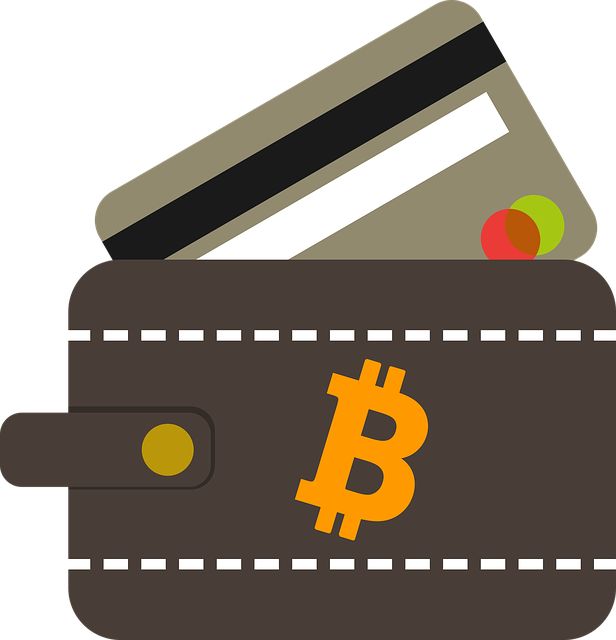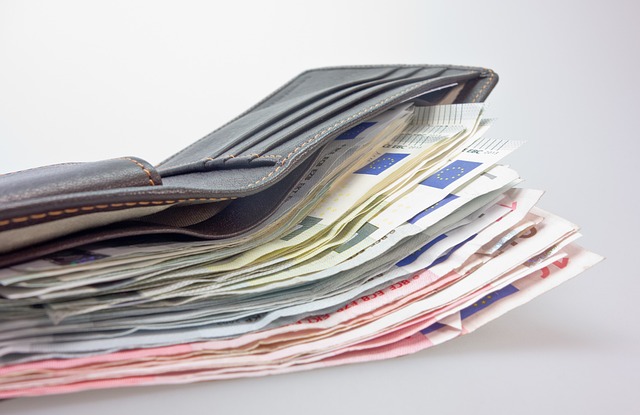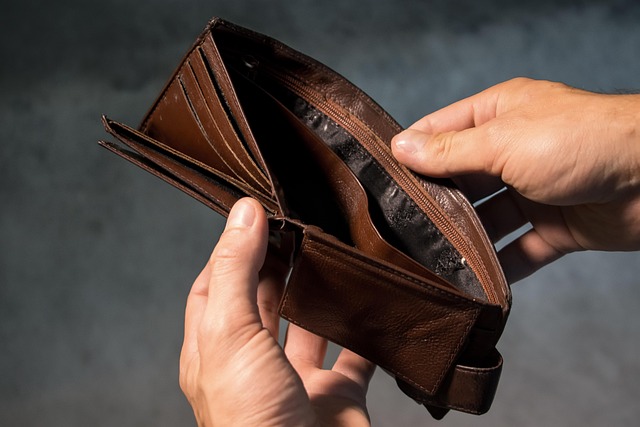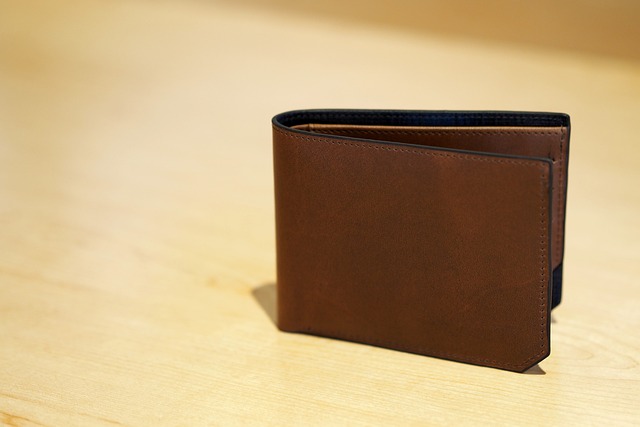The Hidden Secrets of Crypto Wallets
Author: Jameson Richman Expert
Published On: 2025-02-04
Prepared by Jameson Richman and our team of experts with over a decade of experience in cryptocurrency and digital asset analysis. Learn more about us.
In the fast-paced world of cryptocurrency, securing your digital assets is paramount. Crypto wallets serve as the gatekeepers to your coins, offering various features, functionalities, and levels of security. As the market continues to expand, understanding the intricacies of cryptocurrency wallets is essential for every investor, whether you're a seasoned trader or a curious novice. In this article, we delve into the hidden secrets of crypto wallets and unravel their mysteries to help you make informed decisions about your investments.

What is a Crypto Wallet?
A crypto wallet is a digital tool that allows users to store, send, and receive cryptocurrencies. Unlike a traditional wallet that holds physical money, a crypto wallet holds the public and private keys necessary for transactions on a blockchain. Your public key is like your email address – anyone can see it and send you tokens. Your private key, however, should be kept secret as it's essentially your password, granting you access to your funds.
Types of Crypto Wallets
Crypto wallets come in various forms, each with distinct advantages and disadvantages. Understanding these types helps you decide which wallet best suits your needs.
1. Hardware Wallets
Hardware wallets are physical devices that store your cryptocurrency offline, making them one of the safest options available. They're immune to online hacking attempts, making them ideal for long-term investors. Popular hardware wallets include Ledger Nano S and Trezor. However, they are not as convenient for everyday transactions, as they require connecting to a computer or mobile device.
2. Software Wallets
Software wallets are applications that can be installed on your desktop or mobile device. They offer a balance of convenience and security. Depending on the level of security, software wallets can be classified into two categories:
- Hot Wallets: Always connected to the internet, hot wallets are great for frequent transactions. However, being online makes them more vulnerable to hacks. Examples include Exodus and Electrum.
- Cold Wallets: These wallets are not connected to the internet, which drastically reduces the risk of hacking. They are suitable for holding large amounts of cryptocurrency securely.
3. Paper Wallets
A paper wallet is a physical document that contains your public and private keys. It's one of the safest ways to store cryptocurrency as it's completely offline, but it comes with risks like loss or damage. Creating a paper wallet can be done through various generators that create a wallet address and keys securely.
Why You Need a Crypto Wallet
With the increasing popularity of cryptocurrencies, having a secure wallet is essential for anyone looking to invest and trade. Here are several reasons why you need one:
- Security: A wallet provides a secure place to store your crypto assets away from online threats.
- Control: Unlike leaving your cryptocurrencies on an exchange, a wallet gives you full control over your keys and assets.
- Convenience: Many wallets have user-friendly interfaces, making it easy to manage and track your investments.
- Transaction Speed: Crypto wallets facilitate quicker transactions compared to using traditional banking channels.

Choosing the Right Wallet for You
With so many options available, how do you choose the perfect wallet for your crypto journey? Here are factors to consider:
- Security Features: Look for wallets that offer two-factor authentication, backup options, and recovery phrases.
- User Experience: Choose a wallet with a user-friendly interface, especially if you're a beginner.
- Supported Cryptocurrencies: Ensure the wallet supports the cryptocurrencies you are interested in investing.
- Customer Support: A responsive support team is crucial if you face any issues.
Common Mistakes to Avoid with Crypto Wallets
Even seasoned traders can make mistakes when it comes to managing their crypto wallets. Avoid these common pitfalls to protect your investments:
- Using Weak Passwords: Always use strong, unique passwords for your wallets and accounts.
- Neglecting Backups: Regular backups ensure that you won't lose access to your funds if something goes wrong.
- Sharing Your Private Key: Your private key should never be shared. Anyone with this information can access your funds.
- Storing All Your Crypto in One Place: Diversification is key – avoid putting all your assets in a single wallet or exchange.
Popular Crypto Wallets to Consider
Here are some popular wallets that cater to different needs:
- Coinbase Wallet: An excellent choice for beginners, easy to use, and directly connected to the Coinbase exchange.
- MetaMask: Ideal for those into decentralized finance (DeFi) and Ethereum-based applications.
- Trust Wallet: A mobile wallet that supports numerous cryptocurrencies and offers an integrated exchange.
- Ledger Nano X: A highly secure hardware wallet with Bluetooth capabilities for added convenience.

How to Set Up a Crypto Wallet
Setting up a crypto wallet is relatively straightforward. Here’s how you can do it:
- Choose a wallet type – hardware, software, or paper.
- For software wallets, download the application from a reputable source. For hardware wallets, follow the manufacturer's guidelines.
- Follow the setup instructions, which typically include creating a secure password and writing down your recovery phrase.
- Once set up, you can receive cryptocurrency by sharing your wallet address.
Securing Your Wallet
After your wallet is set up, protecting it becomes crucial. Here are some tips for enhanced security:
- Enable Two-Factor Authentication: This adds an extra layer of security to your wallet.
- Regularly Update Software: Keep your wallet's software updated to the latest version for security patches.
- Be Wary of Phishing Attempts: Always double-check website URLs and only use official wallet apps.
The Future of Crypto Wallets
The crypto wallet landscape is continually evolving. With advancements in technology, we can expect innovations that enhance security and user experience. Features like biometric security, decentralized wallets, and enhanced integration with blockchain networks are on the horizon.

Conclusion
Understanding the ins and outs of crypto wallets is fundamental to your journey in the cryptocurrency space. Whether you’re looking for a secure long-term storage solution or a convenient method for daily transactions, choosing the right wallet is essential. Explore different options, evaluate their features, and stay informed about security practices to protect your investments.
As you embark on your crypto journey, consider using platforms like Binance for trading and MEXC for trading various crypto assets. By selecting the right wallet and trading platforms, you'll be well-equipped to navigate the exciting world of cryptocurrency.